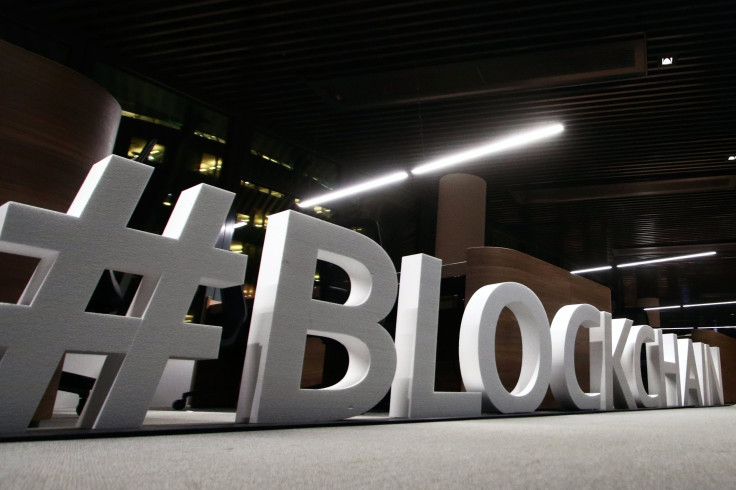Communities Of Trust: How Blockchain Benefits Brands And Consumers

Many great technologies are ones you ultimately take for granted — the ones you rarely think about, but are essential to how you go about your day. If voice assistants, rideshare apps or smartphones are any indication, you don’t have to understand exactly how a technology works to know that it can improve your life.
Blockchain is a sophisticated technology with a simple goal: to build trust. Although brands and consumers may not understand exactly how blockchains work, they can certainly appreciate and benefit from the trust that emerging blockchain technologies are building across the e-commerce industry.
When starting Project Verte, we took a close look at the e-commerce landscape to identify what was most important to brands and their customers. We recognized that maintaining trustworthy, accurate flows of information is a challenge at nearly every step of the process — both internal and external — from inventory and fulfillment to brand story communication and product education. Reliably managing information and workflows is expensive and time consuming for brands, but blockchains built specifically for e-commerce streamline processes and nurture trust among all parties involved.
For brands, trust in process
As brands grow, e-commerce operations become increasingly complex. There are more moving parts with each additional sales channel, fulfillment partner or manufacturer. Moreover, each new process is siloed, which makes sharing information and resources difficult. Blockchains built for e-commerce aim to streamline and simplify e-commerce operations. One way in which blockchains build trust is through sharing because by design, blockchains secure information and make it accessible to participants.
For e-commerce brands, this means that previously siloed operations can communicate with one another. When fulfillment providers can share information with marketplaces and manufacturers, for instance, brands can see a bigger picture and make more informed decisions. Brands can respond more proactively to shifts in the market. They can dedicate less time and money to simply coordinating between different parts of their operation.
This builds a brand’s trust in its process, trust that gives it the peace of mind and resources to grow its business.
For consumers, trust in brands
Generation Z has been dubbed the ‘True Gen’ by social and business analysts because a search for truth guides their core behaviors and beliefs. This is especially relevant when it comes to how they consume. They want to know as much as possible about the products they buy and where they come from. They want to know what a brand stands for and why it exists.
Even the strongest brands, however, can lose some control of their brand as they grow. New sales channels present the brand in different ways or information becomes diluted through sources around the internet. When e-commerce brands can back up their assets on a data management blockchain, they can make sure that accurate information — from marketing materials to detailed product information — is always available to their consumers. A commitment to making information accessible can go a long way in building trust among new consumers.
Trust builds community
Brands are established communities built on trust. When two people in Tom’s shoes cross paths, they recognize that they share a certain set of values — those values might change if they were both wearing On running shoes There is an unspoken connection between each and every consumer of a brand, and each individual relationship is built on trust in the brand itself.
E-commerce blockchains help ensure this trust by supporting strong operations within businesses and strong communication with customers in the market. In this way, blockchain has the potential to be an essential part of brand building in today’s retail landscape.
Julian Kahlon is founder and CEO of Project Verte.
© Copyright IBTimes 2025. All rights reserved.





















